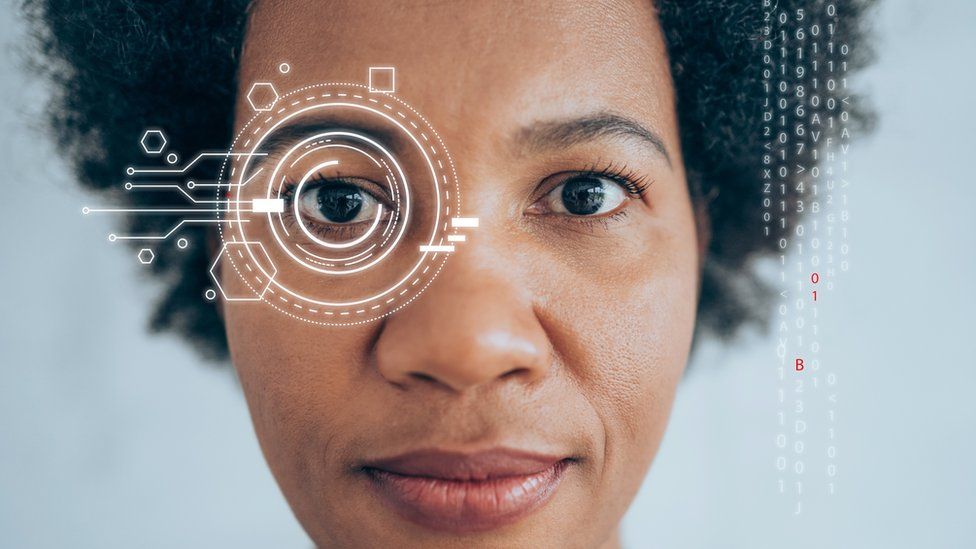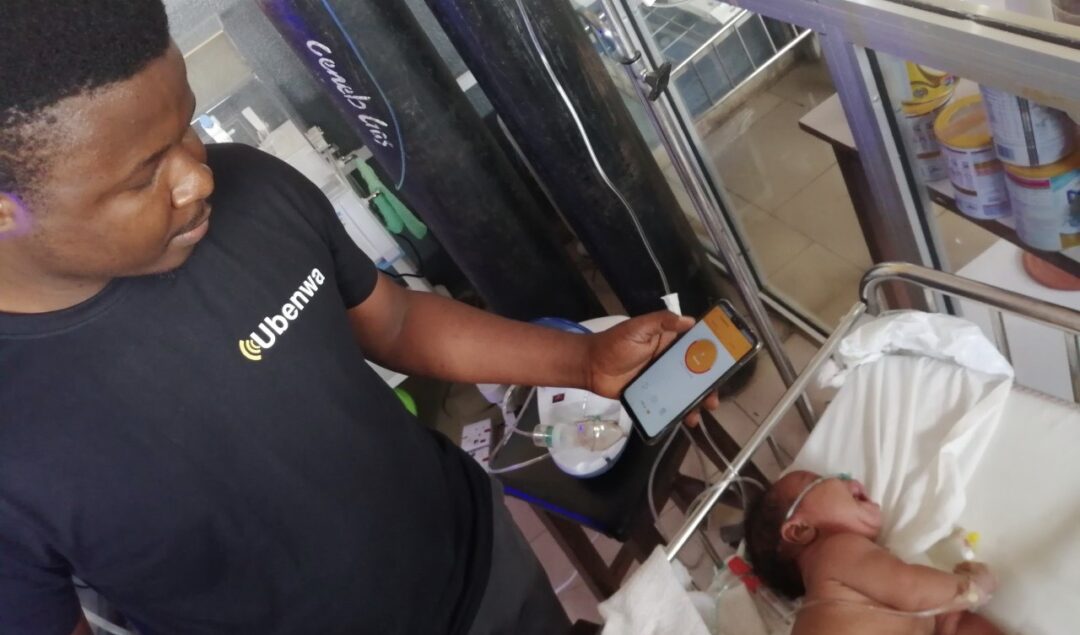In an ideal world, the development of AI will come with no added biases. But, unfortunately, this is not the case. As many organizations look to find a solution to AI bias, reports suggest bringing more Black women into data science will help eliminate this issue – but is it true? Diversifying data science If the developers behind AI systems look, sound, and share the same life experiences, how can we expect to have a tool reflective of society? Novelist Chimamanda Adichie touched upon this when highlighting the dangers of “a single
It appears everywhere you go; artificial intelligence (AI) seems to be the only two words on everyone’s lips. From the rise in AI-powered chatbots to the new era of computer-generated art, it’s hard to turn a blind eye to – what could be – the future of technology. However, according to a new report by Slate, AI still has a long way to go before it is considered an adequate extension of human intelligence. AI’s Inability To Create Realistic Hands Slate journalist, Heather Tal Murphy, investigated AI’s inability to create hands and found something
Black-owned health startup Ubenwa uses artificial intelligence to detect early diseases in babies and their cries. The startup’s learning system analyzes the amplitude of a baby’s cry and uses cutting-edge AI to diagnose infants up to six months old. By analyzing the frequency patterns of a baby’s cry, the AI-powered software picks up on brain and lung conditions in young infants. Communicating with babies Ubenwa was co-founded in 2017 by Charles Onu, Samantha Latremouille, and Innocent Udeogu. The startup combines AI techniques with medical expertise to detect breathing conditions and
Silicon Valley-based startup, Sanas, is working to build real-time voice-altering technology that aims to make international workers sound more “Westernized.” For many years, Black workers have been advised to use their “white voice” when communicating with colleagues or customers in a professional working environment. Additionally, movie adaptations such as “Sorry To Bother You” show that Black workers achieve higher success rates when they choose to emulate a “whiter” voice. Despite the program working to “protect the diverse voice identities of the world,” many wonder whether the product is actively working to remove unconscious
Capitol Music Group has severed ties with the FN Meka project following accusations that the AI rapper perpetuated racial stereotypes online. FN Meka, a virtual “robot rapper,” created by the founders of Factory New, a “first of its kind, next-generation music company specializing in virtual beings.” In a short time, FN Meka amassed over 10 million followers on TikTok and 500,000 monthly Spotify subscribers based on music and lyrics generated by an AI based on popular rap music. The robot rapper, which industry professionals described as a “preview of what’s
New York City is making a bold move by introducing a new law to combat race and gender bias in hiring processes when businesses use artificial intelligence tools to screen out job candidates. Under the new law – employers in the city will be banned from using automated employment decision tools to screen job candidates unless the technology has been subject to a “bias audit” conducted a year before using the tool. The new act passed the measure on November 10 and it takes effect on January 2, 2023. A PricewaterhouseCoopers 2017 study found









